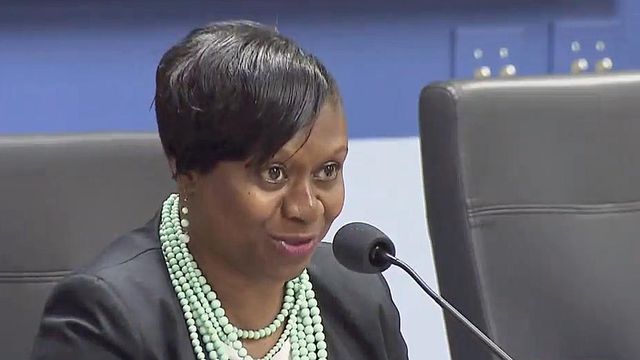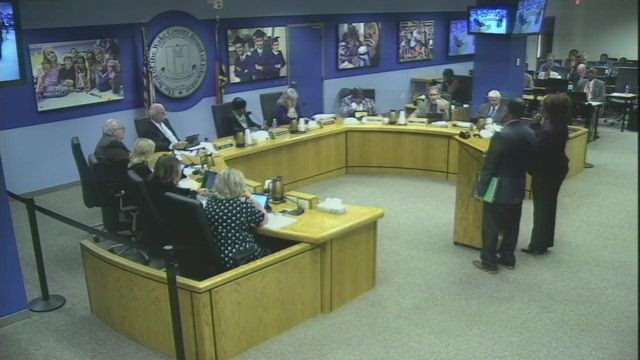Wake school board balks at being asked to spend from 'rainy day' fund
In the annual clash between school board needs and county budget allotments, the Wake County Board of Education got down to work, talking about how to fund the coming school year.
Before the board met on Tuesday, members expressed concern that county commissioners suggest the schools fill part of the spending gap with funds from a reserve.
The board asked the county for $45 million to build four new schools and add staff.
Wake County school Superintendent Jim Merrill pointed to a growing student body and staff retention as the drivers for the increase.
He asked the county for:
$7 million to staff new schools,
$9.9 million for more school counselors and social workers
and $7.1 million for salary increases.

The county responded with a proposal that gives schools $16 million and calls for the district to use $21 million in local funds that it does not expect to spend in fiscal year 2017.
Wake County Manager Jim Hartmann said the school system's restraint gave the county the idea that they have money in reserve.
"This year ... we got a projection of their year-end spending that indicated they were going to spend far less than what we gave them in last year's appropriation," Hartmann said.
School board Chairwoman Monika Johnston-Hostler said the reserve fund is kept for emergencies and that preserving it is the fiscally responsible thing to do.
"The rainy day fund is indeed unassigned," Johnston-Hostler said, "but we fluctuate every day just like each of us do, and to dip into that when over 90 percent of our budget is people, is salaries – that would not be sustainable or realistic."











